Auxergen Presents Groundbreaking Research on Phage-Host Interactions and Mpox Recombination at the 2025 American Society for Virology Annual Meeting
Baltimore, MD – September 5, 2025
Auxergen, a leading multinational biotechnology company specializing in virology and microbial genomics, announced its participation in the 2025 American Society for Virology (ASV) annual meeting held in Montreal, Canada, from July 14 to 17. The
company’s scientific team was selected to deliver three poster presentations, highlighting innovative research in phage-host interactions and monkeypox virus (MPXV) recombination.
In the first poster, researchers Jasmine, Joanne, Feng-Yu, and Yen Chun presented the novel mechanisms by which bacteriophages integrate into host chromosomes, influencing bacterial responses to stress and metabolic pathways. Key findings included:
- The identification of the first known instance of filamentous prophages coevolving with and decoying the host pilus assembly factor to adapt to metabolic and stress conditions.
- Observations of histidine (His-) and cysteine (Cys-) synthesis mutations in hosts at frequencies of 11% and 13%, respectively, indicating phage-driven alterations in evolutionary trajectories.
- Characterization of a novel phage protein, PSF13 (pili suppression factor, 13 kDa), which forms a critical salt bridge with bacterial TfpC, essential for type IV pili (T4P) assembly and salt stress adaptation.

Poster #1: Characterization of phage-host metabolism and stress adaptation in Xanthomonas.
Michael and Patrick Feehley presented the second and third posters focused on recombination dynamics in the poxvirus family, using data from 213 sequences from the human MPXV Ib outbreak. Highlights included:
- Novel Method for Recombination Analysis: Developed a new method to calculate recombination frequency (Rf) and rate during viral transmission using single nucleotide polymorphisms (SNPs).
- Recombination Frequency and Rate: Derived an Rf of 0.17%/kb and a rate of 0.11%/kbp/year in the MPXV Ib outbreak from 2023 to 2025.
- First Observation in Poxvirus Family: Provided the first observation of natural Rf and rate in the poxvirus family.
Tandem Repeats (TRs) and Recombinant Haploblocks: Demonstrated that TRs can form recombinant haploblocks, which are useful for analyzing recombination events over time. - Sequence-Based Haploblock Assignment: Used sequence-based haploblock assignment to map recombination events over phylogenetic time.
- Resistance to Sequencing Errors: Showed that haploblocks offer greater resistance to sequencing errors compared to SNPs alone.
- Utility of SNPs and TRs: Demonstrated the utility of SNPs and TRs as natural genetic markers for detecting recombination, even under high mutation rates.


Poster #2 and #3: Genetic barcoding of the MPXV Ib genome using SNP and TR haploblocks to track recombination events (2) Novel method to detect recombination frequency (Rf) and rate using sequence based recombinant SNP pair assignment (3) Development of recombinant haploblock detection method for TRs, which calculates Rf and rate with phylogenetic time.
“Auxergen’s presence at the ASV 2025 meeting reflects our ongoing commitment to advancing virological research and fostering collaboration within the scientific community,” said Dr. Ting-Yu Yeh, Chief Scientific Officer at Auxergen. Auxergen continues to invest in cutting-edge research to drive scientific progress and improve global health outcomes.
About Auxergen
Auxergen is a multinational biotechnology company headquartered in Baltimore, Maryland, focused on developing advanced therapeutics and diagnostics in virology, genomics, and microbial engineering. With a global team of experts, Auxergen is committed to translating groundbreaking research into real-world solutions for infectious diseases and beyond. For more information, visit www.auxergen.com.
Media Contact
Auxergen
Michael Feehley
Email: michael@auxergen.com
Phone: (443)-929-9757
